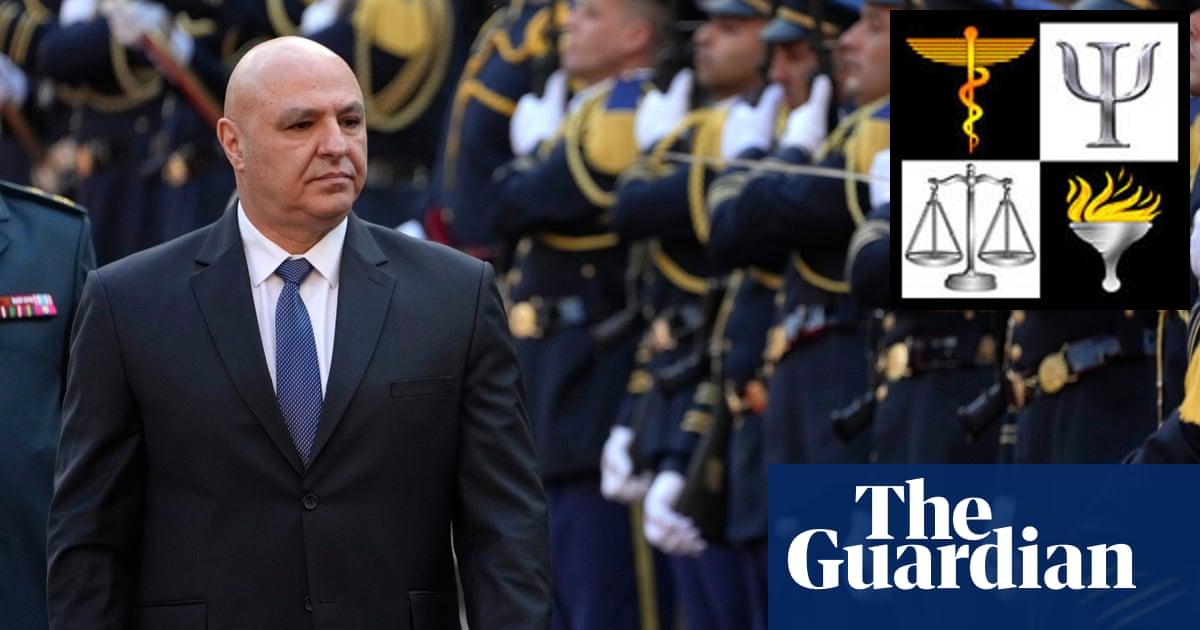In a significant moment for Lebanon, General Joseph Aoun has been elected as the country’s president after a long wait that lasted over two years. His election, which took place on Thursday, ended a political stalemate that had left the nation without a leader for far too long. After thirteen attempts, the Lebanese parliament finally cast 99 votes in favor of Aoun out of 128 possible votes. This change comes with the backing of several key international players, including the United States, France, and Saudi Arabia.
Background of the Election
Lebanon has faced a difficult political landscape, characterized by instability and division. The parliament struggled to find a suitable candidate for the presidency, resulting in repeated failures to settle on a leader since 2022. General Aoun’s election not only signifies the end of this period but also reflects a growing desire among Lebanese citizens for effective governance and stability.
Aoun’s Immediate Responsibilities
Joseph Aoun’s primary responsibilities as president will include reasserting the Lebanese army’s authority throughout the nation. The general has explicitly stated his intent to ensure that the state maintains control over its weapons, which is a critical issue in a country often affected by various armed groups. He has also underscored the importance of safeguarding Lebanon’s borders. His election comes at a time when the country must manage its security arrangements with Israel, particularly concerning the recent ceasefire.
International Support
The election of Joseph Aoun is seen as a crucial step towards improving Lebanon’s standing in the international community. President Biden even congratulated Aoun, expressing hope and confidence in his ability to lead the country. France has also welcomed the election, stressing the importance of reforms needed in Lebanon’s government structure. Such international support could pave the way for foreign aid, which is vital for Lebanon as it tries to recover from years of economic hardship.
Challenges Ahead for Lebanon
Despite the excitement surrounding his election, Joseph Aoun will face numerous challenges. Lebanon’s economy is in dire need of revitalization, with the country suffering huge losses estimated at $8.5 billion due to conflicts, particularly those involving Israel. Additionally, Aoun will need to navigate the complex dynamics of Lebanese politics, where various factions must be addressed to foster cooperation and unity among different groups.
- Aoun’s main tasks include:
- Ensuring the military’s control over weapons and borders.
- Facilitating economic recovery and implementing reforms.
- Working towards a sustainable ceasefire agreement with Israel.
Political Landscape and Power Sharing in Lebanon
Lebanon operates on a confessional power-sharing system, where various religious groups share political power. Joseph Aoun’s election as a Maronite Christian is significant within this context. His position must balance the interests of different communities and political factions, especially in light of Hezbollah’s role in Lebanese politics. His recent endorsement by Hezbollah’s candidate indicates a shift in political alliances that might help stabilize the country.
For Joseph Aoun, the road ahead involves appointing a new prime minister and dealing with Senatorial reforms, which could take time and negotiation. His success will heavily rely on his ability to unify various sectarian interests and implement the necessary changes to restore faith in the government and aid in Lebanon’s recovery.
Conclusion
Joseph Aoun’s election represents a hopeful moment for many Lebanese citizens yearning for stability and progress after years of uncertainty. As the new president takes office, all eyes will be on him to see how he manages the delicate balance of power in the country while addressing the pressing economic and political challenges that lay ahead. The international community, too, will be watching closely, eager to see if Aoun can bring about meaningful change in Lebanon.

